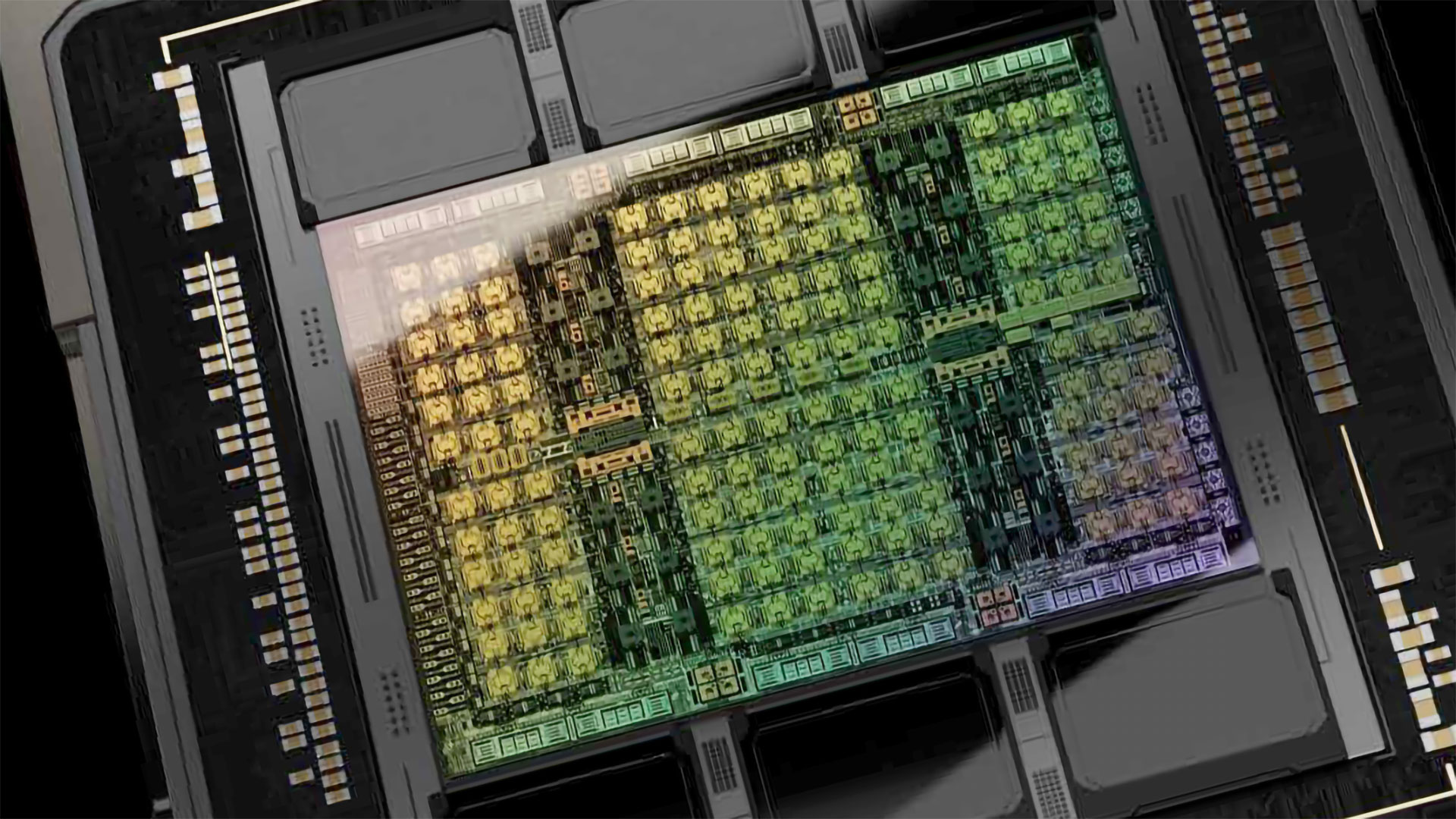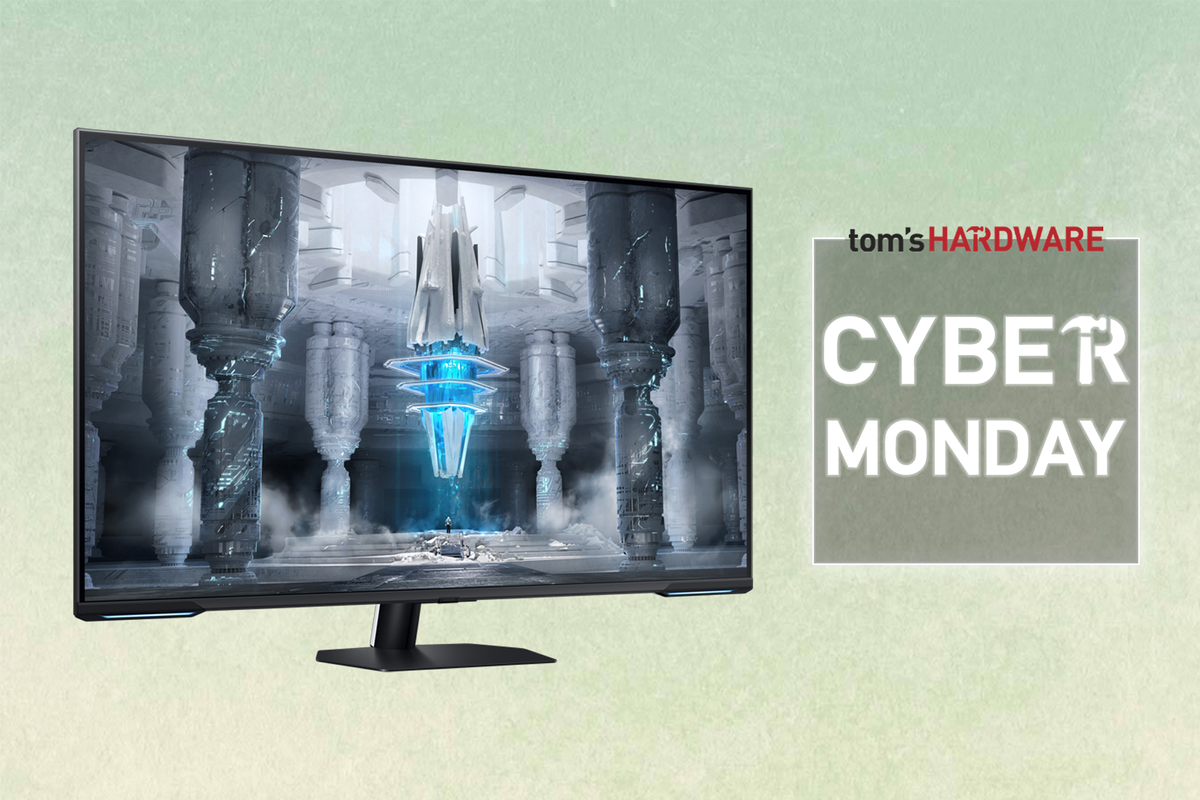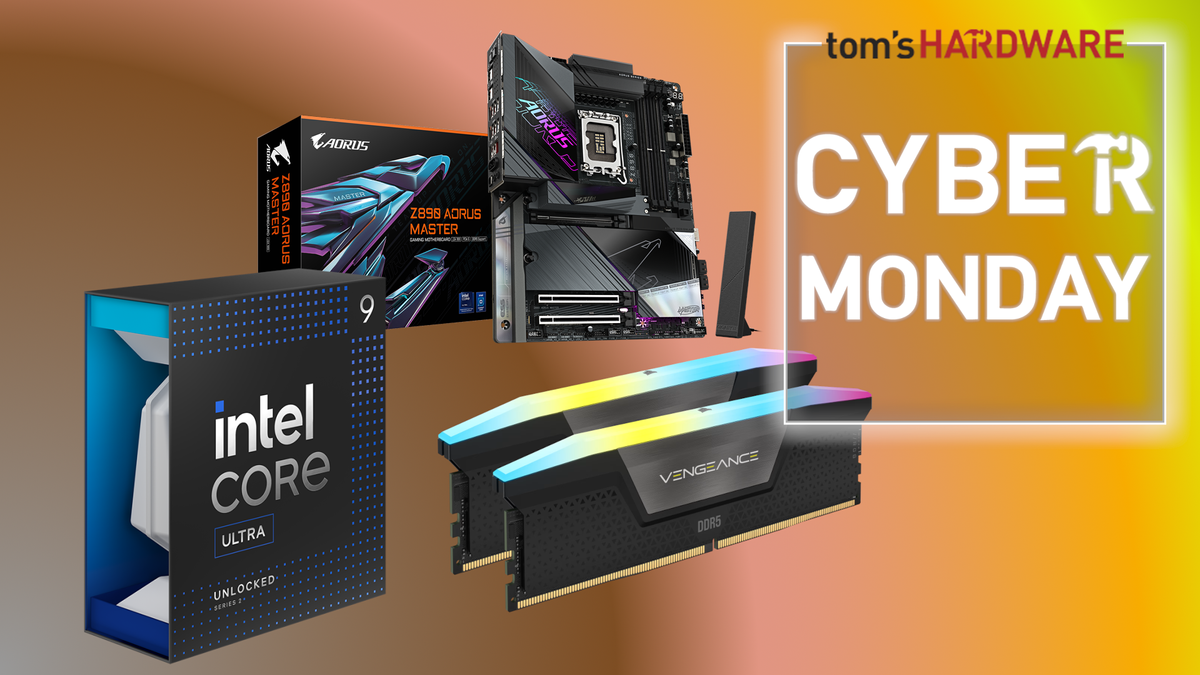Update 9/4/2025 05:28 am PT: An Nvidia spokesperson has reached out and provided this comment.
"The AI Diffusion Rule was a self-defeating policy, based on doomer science fiction, and should not be revived. Our sales to customers worldwide do not deprive U.S. customers of anything — and in fact expand the market for many U.S. businesses and industries. The pundits feeding fake news to Congress about chip supply are attempting to overturn President Trump's AI Action Plan and surrender America's chance to lead in AI and computing worldwide."
Breaking: The Senate's latest NDAA text, which dropped today, includes the GAIN AI Act - requiring US AI chip firms sell to American companies first.Huge win if this is included in the NDAA. Here's the text from the manager's amendment.ARI statement:https://t.co/j5UP0NYbJL pic.twitter.com/kyYMWJU2ScSeptember 2, 2025
"Advanced AI chips are the jet engine that is going to enable the U.S. AI industry to lead for the next decade," said Brad Carson, president of Americans for Responsible Innovation (ARI). "Globally, these chips are currently supply-constrained, which means that every advanced chip sold abroad is a chip the U.S. cannot use to accelerate American R&D and economic growth. As we compete to lead on this dual-use technology, including the GAIN AI Act in the NDAA would be a major win for U.S. economic competitiveness and national security."
This GAIN AI Act demands developers of AI processors, such as AMD or Nvidia, to give U.S. buyers first opportunity to purchase advanced AI hardware before selling to foreign nations, including allied nations like European countries or the U.K. and adversaries like China. To do so, the Act proposes to establish export controls on all 'advanced' GPUs (more on this later) to be shipped outside of the U.S. and deny export licenses on the 'most powerful chips.'
To get the export license, the exporter must confirm to certain conditions:
- U.S. customers received a right to decline first;
- There is no backlog of pending U.S. orders;
- The intended export will not cause stock delays or reduce manufacturing capacity for U.S. purchasers;
- Pricing or contract terms being offered do not favor foreign recipients over U.S. customers;
- The export will not be used by foreign entities to undercut U.S. competitors outside of their domestic market.
If one of the certifications is missing, the export request must be denied, according to the proposal.
What is perhaps no less important about the act is that it sets precise criteria of what U.S. legislators consider 'advanced integrated circuit,' or advanced AI GPU. To qualify as 'advanced', a processor has meet any one of the following criteria:
- Offers a total processing performance (TPP) score of 2400 or higher, which is counted as listed processing power in TFLOPS multiplied by the length of operation (e.g., TFLOPS or TOPS of 8/16/32/64 bits) without sparsity. Processors with a TPP of 4800 or higher are considered too powerful to be exported regardless of destination country.
- Offers performance density (PD) metric of over 3.2. PD is counted by dividing TPP by the die area measured in square millimeters.
- Has DRAM bandwidth of over 1.4 TB/s, interconnect bandwidth of over 1.1 TB/s, or combined DRAM and interconnect bandwidth of over 1.7 TB/s.
Essentially, the legislators plan to export control all fairly sophisticated processors, including Nvidia's HGX H20 (because of high memory bandwidth) or L2 PCIe (because of high performance density) that are now about two years old. As a result, if the proposed bill passes as a law and is signed by the President, then it will again restrict sales of AMD's Instinct MI308 or Nvidia's HGX H20 both to all customers outside of the U.S. Furthermore, GPUs with a TPP of 4800 or higher will be prohibited for exports, so Nvidia will be unable to sell its H100 and more advaced GPUs outside of the U.S. as even H100 has a TPP score of 16,000 (B300 has a TPP score of 60,000).
Coincidentally, Nvidia on Wednesday issued a statement claiming that shipments of its H20 to customers in China does not affect its ability to serve clients in the U.S.
"The rumor that H20 reduced our supply of either H100/H200 or Blackwell is also categorically false — selling H20 has no impact on our ability to supply other NVIDIA products," the statement reads.
Follow Tom's Hardware on Google News, or add us as a preferred source, to get our up-to-date news, analysis, and reviews in your feeds. Make sure to click the Follow button!

 2 months ago
41
2 months ago
41





 English (US) ·
English (US) ·